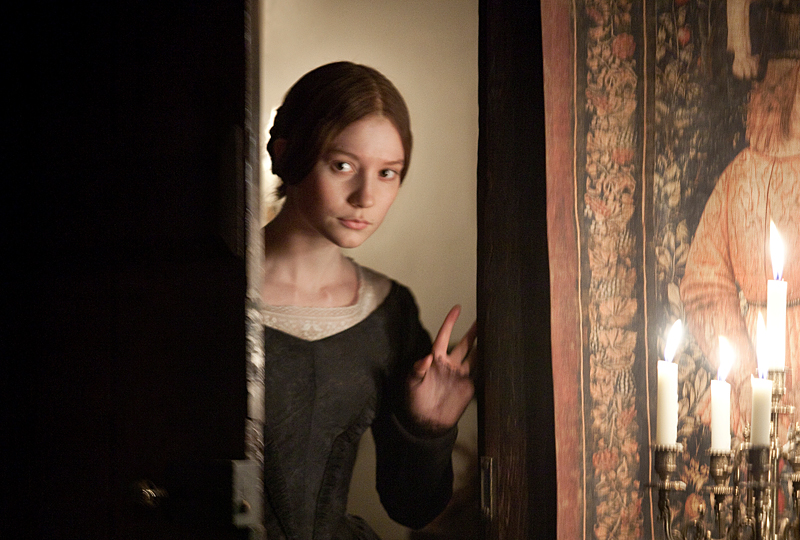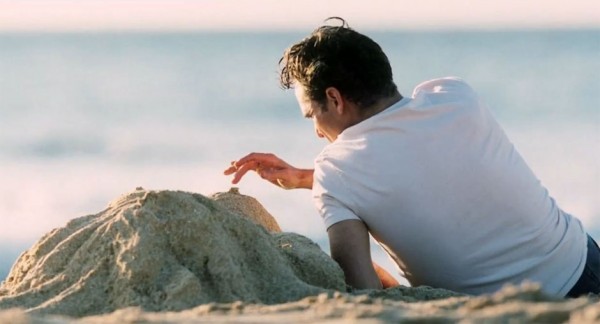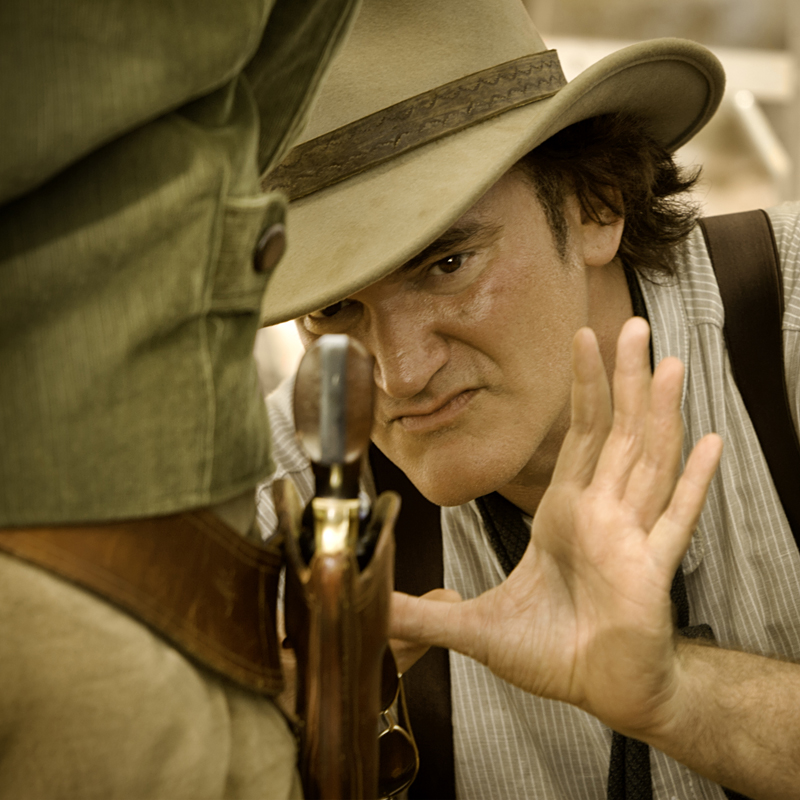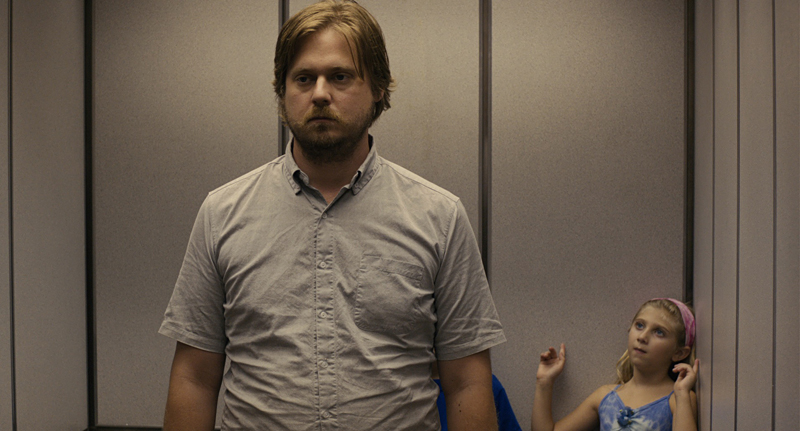Director Cary Fukunaga (Sin Nombre) fragments Charlotte Brontë’s classic novel, introducing us to Jane (Mia Wasikowska) as a young woman run ragged, fleeing an unspecified threat. Setting up Jane’s tale as a mystery—what was she running from, and why?—Fukunaga skips back and forth across years to demonstrate how his heroine’s identity has been shaped through hardships, including abandonment by her aunt (Sally Hawkins), Jane’s guardian after her parents die, and her lonely life as governess to Adele, a French orphan who lives in a spooky country house alone but for servants and occasional visits from her ostensible caretaker, the mysterious Mr. Rochester (Michael Fassbender). There, Jane longingly states what Fukunaga has isolated as one of the story’s key themes: “I wish a woman could have action in her life, like a man.” The best she can hope for is action through a man, so when Rochester begins calling Jane to join him for fireside chats, it upends her world. When a real romance with Rochester begins, Jane is ever conscious of the social strata and years that separate her and her beloved; their union feels “unreal,” every moment of bliss tinged with paranoia. Even as it romanticizes agony, Fukunaga’s Jane Eyre plays as a correction to the Twilight series—in which a teenage girl idolizes mystically powerful boys—arguing that love, in its perfect state, is a meeting of equals.
Jane Eyre: Bronte’s Classic Is Filmed Afresh








